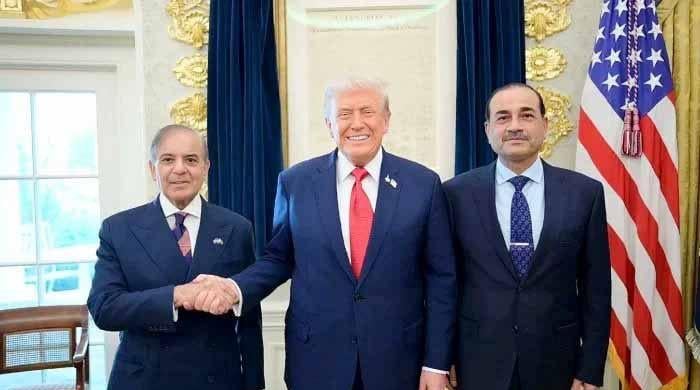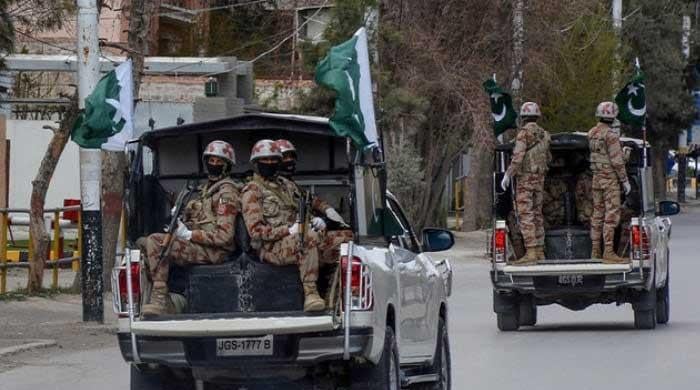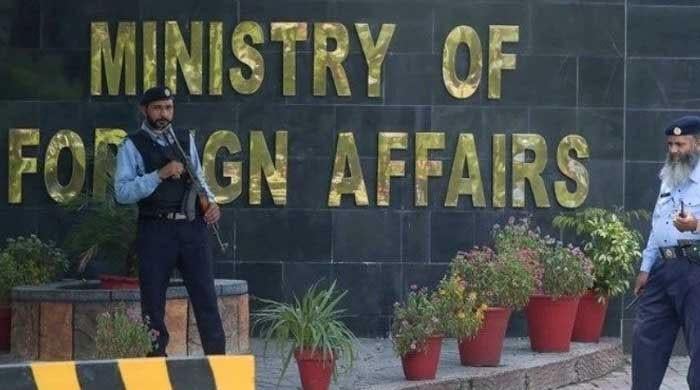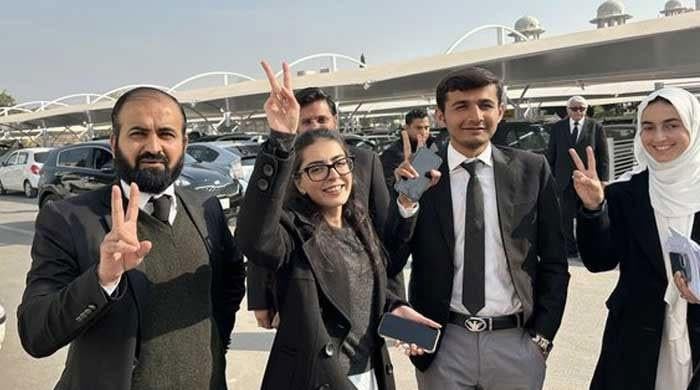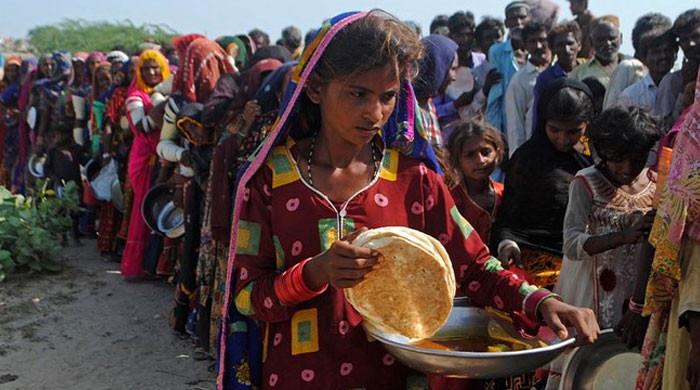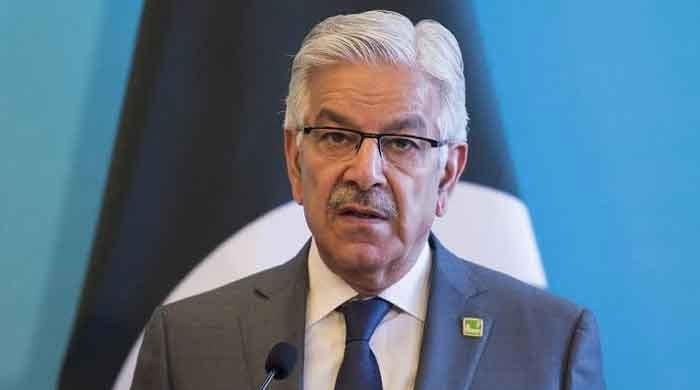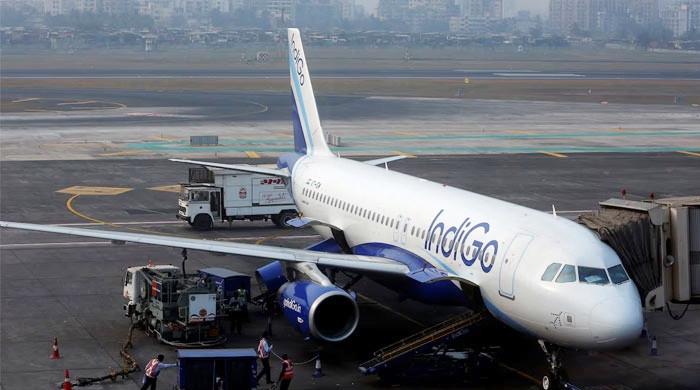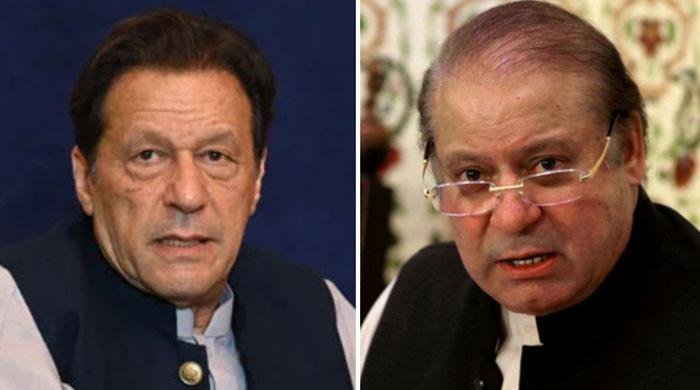What is behind terror attacks in Pakistan now?
Pakistani leaders have consistently denied the presence of Daesh in the country
February 18, 2017
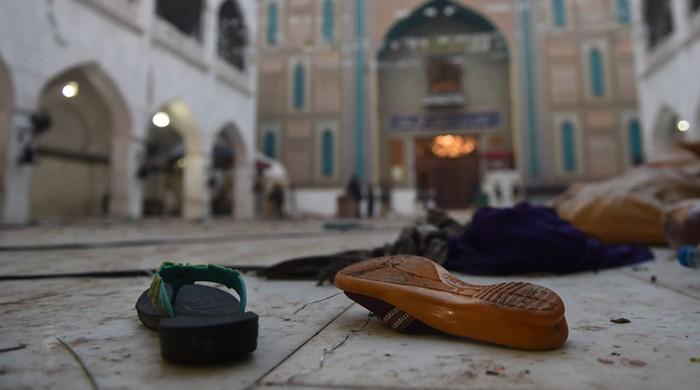
A spate of audacious terror attacks claiming over hundred lives across Pakistan has left minds baffled as to what is behind it, after a relative calm in last two years.
The Islamic State ISIS or Daesh and a relatively unknown Jamaat ul Ahrar (JuA) have claimed responsibility for attacks on the sufi shrine in Sehwan and the police attack earlier in Lahore respectively.
Pakistani leaders have consistently denied the presence of Daesh in the country, which is in the midst of battling various terror groups operating in the country for over a decade.
Under June 2014 Operation Zarb-e-Azab military dismantled safe havens and terror infrastructure in North Waziristan and adjoining tribal areas mainly through aerial bombing and later capturing territory in ground operations. The results were immediate and there was a sharp decrease in the number of terror attacks including suicide bombings. Extortions and kidnapping for ransom also dropped considerably as a result of the operation.
So, what went wrong then in last few weeks?
We need to go back to the time when the operation intensified in the wake of the December 2014 Peshawar Army Public School carnage.
As was the case in Swat and later South Waziristan operations, the same pattern continued in the counter-terrorism operation in North Waziristan -- the inability of law enforcement to capture or kill the leadership of the targeted terror outfits.
For various reasons the failure did not appear in the public discourse and for entire part of Zarb-e-Azb there was no independent accounts available of what the operation achieved in terms of any high profile deaths among terror outfits operating in areas straddling the Afghan border. It was gradually revealed that the high profile targets had managed to escape into Afghanistan or traveled out of the troubled zone.
Later, it was public knowledge that the entire leadership of Tehreek-e-Taliban Pakistan (TTP) and other groups were able to slip across the border and find refuge in Afghan border areas.
The airforce did its job by dropping bombs and tonnes of ammunition from the air, and ground operations followed, but thrust was mainly to dismantle elaborated terror infrastructure and reclaim the territory.
TTP chief Mullah Fazlaullah and his operatives remain safe and free to plot and execute attacks from sanctuaries in Afghan border areas.
Kabul has so far paid little heed to Islamabad’s urging to arrest and hand over fugitives to Pakistan. It is playing it's own game.
The Islamic State or Daesh, whose territorial holdings in Iraq and Syria are under severe pressure, has also intruded into Afghanistan and believed to have created its cells in Pakistan.
But Zarb-e-Azb and army in advance position at the border ensuring better controls of flow of goods have brought terror groups under financial pressure. It has reduced cash inflow to militants from narcotic trafficking and trade in smuggled goods, running into billions and insurgents taking a major take in that. In the words of a counter terror specialist, TTP and Jamaat-ul-Ahrar (JuA) are wary of losing donors and support like Al Qaeda did after its ability to mount terror strikes dwindled.
Actions by terror outfits keep their recruitment and funding alive, said the expert. Thus the surge in attacks. Clearly the displaced terror leadership has retained somehow its linkages in mainland Pakistan. This should be the biggest challenge to crackdown on terror linkages, support networks in mainland Pakistan.
Second most important is that Prime Minister Nawaz Sharif's government needs to mount pressure on Kabul -- both bilaterally and diplomatically through contacts with key powers and United Nations – to act now against militants using Afghan soil for terrorism across the border.
Sources have confirmed Pakistan troops fired mortars into Afghan territory Friday night to hit JuA targets but officials have declined to confirm or deny the attack. Meanwhile, Afghan government summoned the Pakistani ambassador and protested against firing across the border that apparently killed few people inside Afghanistan.
This is a strategy that Pakistan needs to be very careful with because both Afghanistan and Indian officials had been blaming Pakistan of nurturing terror networks that bleed their two countries. Pakistan had rejected completely Indian claims of surgical strikes into Azad Kashmir. Pakistan oppose preemptive strikes that breach sovereignty of another country.
The closure of the border with Afghanistan after the shrine carnage and telephonic messages to Afghan government by civil and military authorities are stepping up the pressure by Pakistan. And so is the handing of a list of 76 terrorists to officials of Afghan Embassy who were called in by the Pakistan military headquarter GHQ on Friday and told that the the government in Kabul should act immediately against the named terrorists and deliver them.
The writer is Director News Geo News




